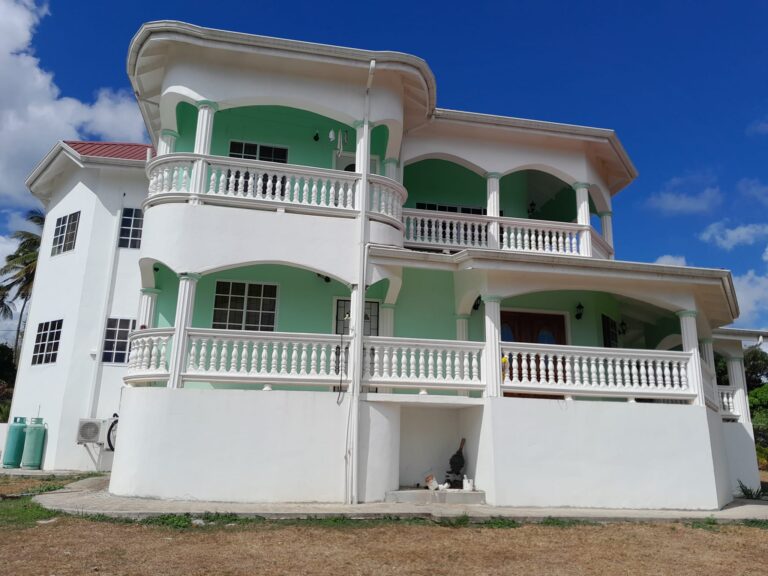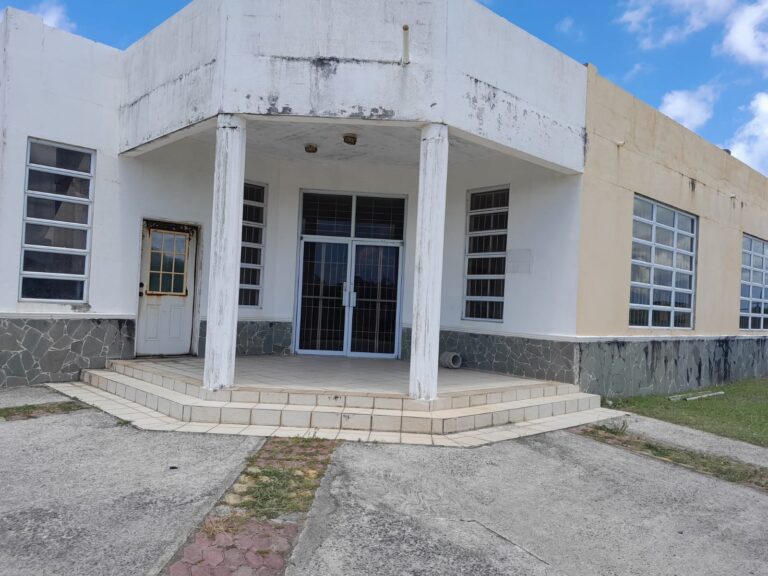
Determining whether it is better to buy or rent property in today’s real estate market depends on various factors and personal circumstances. Here are some key points to consider:
- Financial Situation: Buying a property requires a significant upfront investment, including a down payment, closing costs, and ongoing expenses like mortgage payments, property taxes, insurance, and maintenance. Renting typically involves a lower upfront cost, mainly a security deposit and monthly rent payments. Evaluate your financial stability, budget, and long-term goals to assess which option aligns better with your circumstances.
- Market Conditions: Real estate markets can vary widely, and it’s crucial to research the specific market you’re interested in. In some areas, buying property might be more affordable and advantageous due to lower interest rates, favorable prices, or potential appreciation. However, in highly competitive markets with rapidly rising prices or uncertain conditions, renting could provide more flexibility and affordability.
- Length of Stay: Consider your plans for the future. If you anticipate staying in an area for a short period, renting might be more suitable as it offers greater flexibility to move without the hassle of selling a property. On the other hand, if you plan to settle in an area for an extended period and have the financial means, buying property can be a long-term investment that builds equity and provides stability.
- Lifestyle and Flexibility: Renting offers the advantage of flexibility, as it allows you to easily adapt to changing circumstances, such as job relocations or lifestyle preferences. Owning a property typically involves more commitment and responsibility for maintenance and repairs. Evaluate how important it is for you to have control over your living space and the ability to make modifications.
- Lifestyle and Flexibility: Renting offers the advantage of flexibility, as it allows you to easily adapt to changing circumstances, such as job relocations or lifestyle preferences. Owning a property typically involves more commitment and responsibility for maintenance and repairs. Evaluate how important it is for you to have control over your living space and the ability to make modifications.
- Personal Preferences: Ultimately, personal preferences play a significant role. Some individuals prioritize the sense of ownership, customization options, and the potential for investment returns that come with buying property. Others prefer the lower commitment and reduced financial risk associated with renting.
It’s advisable to conduct thorough research, analyze your financial situation, and consider your long-term plans before making a decision. Additionally, consulting with a financial advisor or a real estate professional can provide valuable insights tailored to your specific circumstances and the local market conditions.
There is no one fits all answer to this question. Have a one on one discussion with your friendly Real Estate Agent/Broker. There are numerous points to consider in dealing with this complex issue.
Ed Harris
Business & Franchise Developer
HomeLife Realty Inc.
Franchisee/Broker
31 Commercial Street
Vieux Fort
Saint Lucia, W. I.





